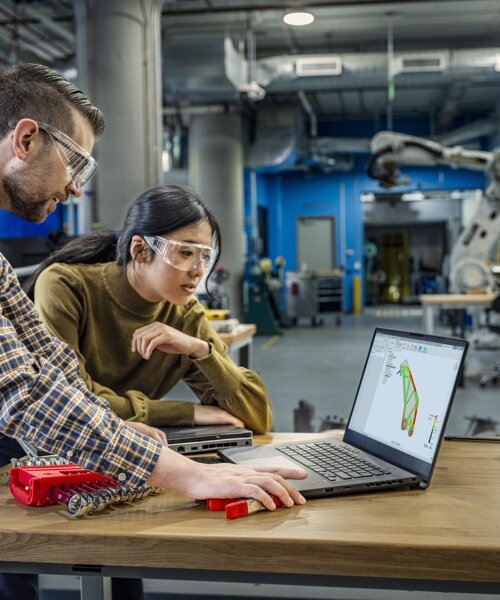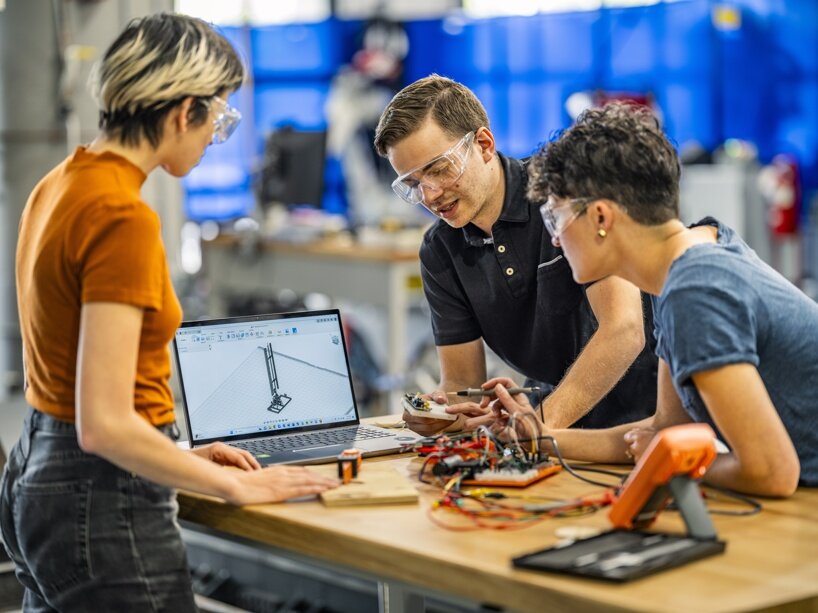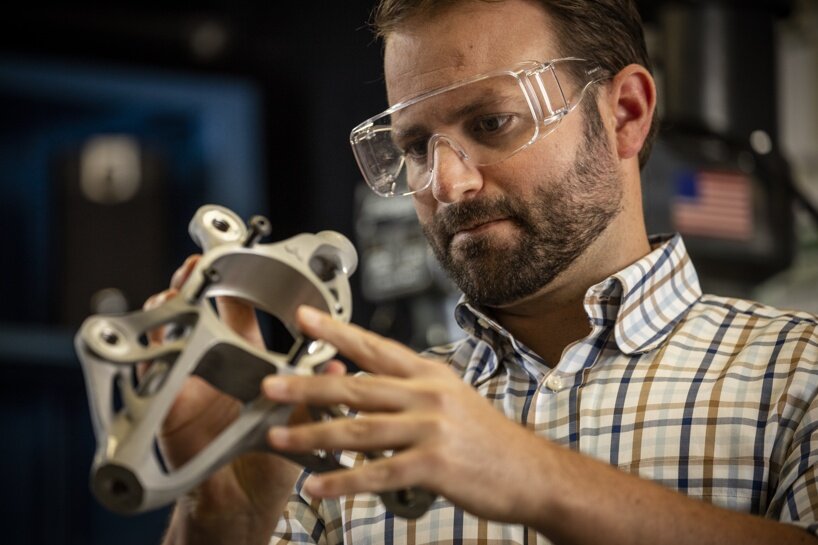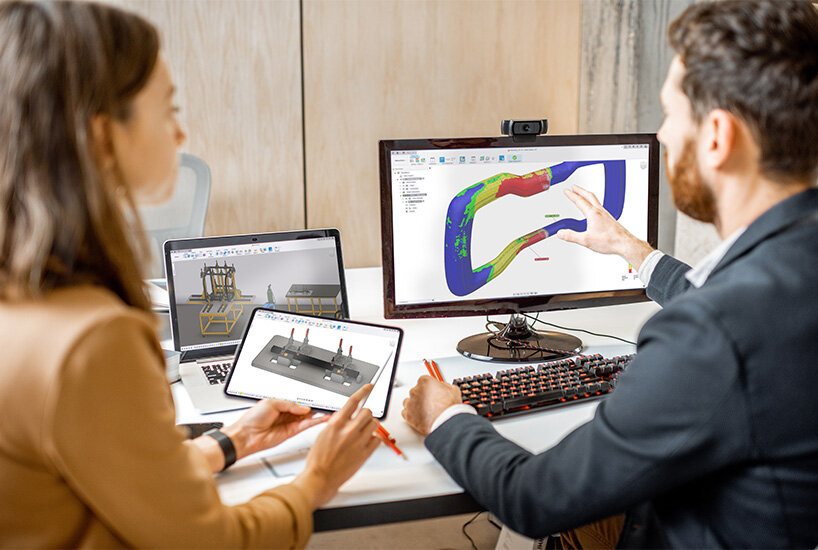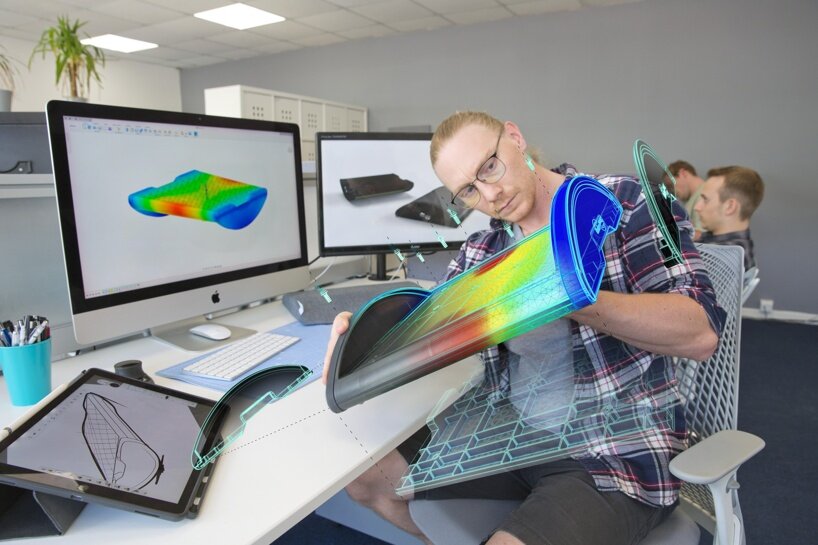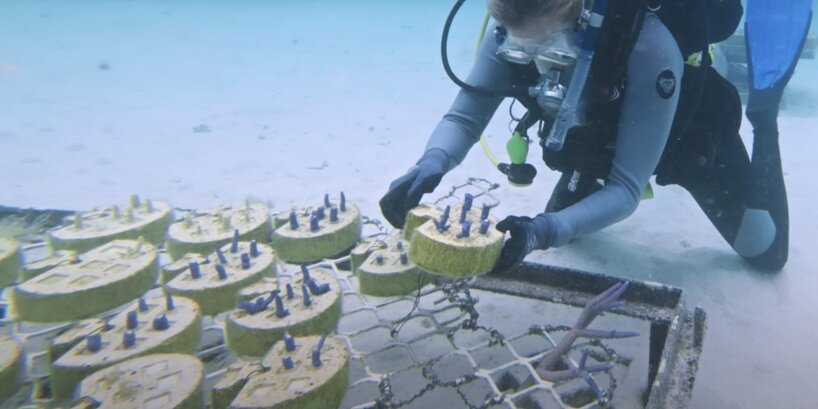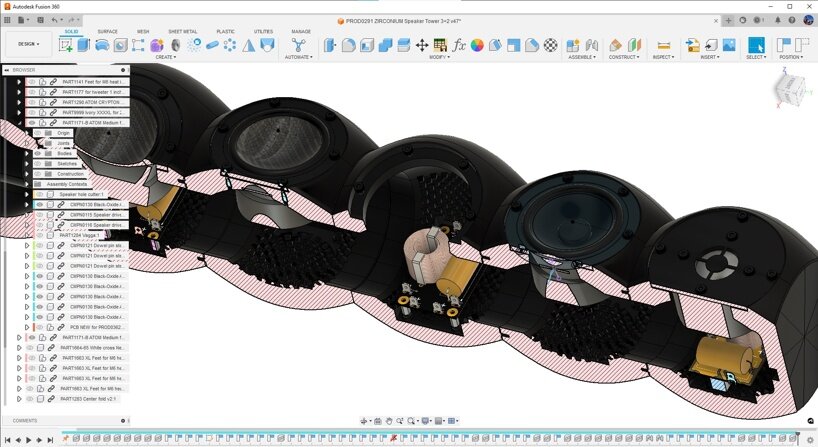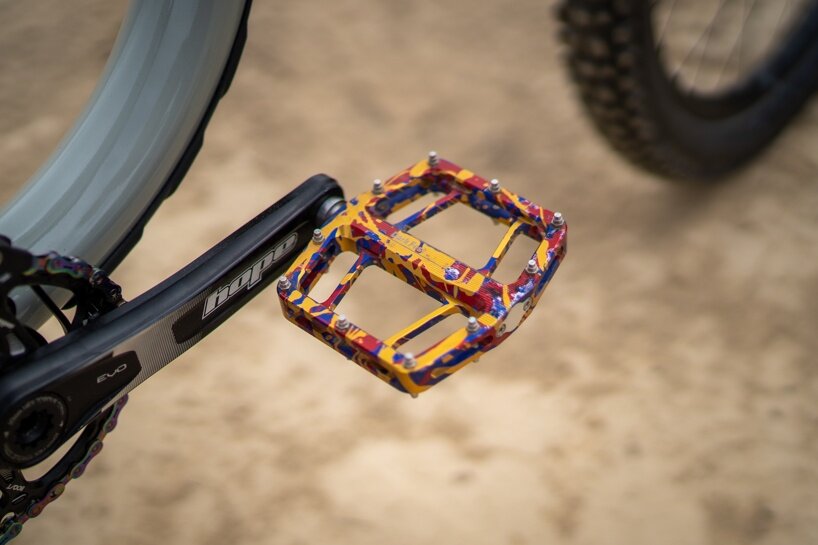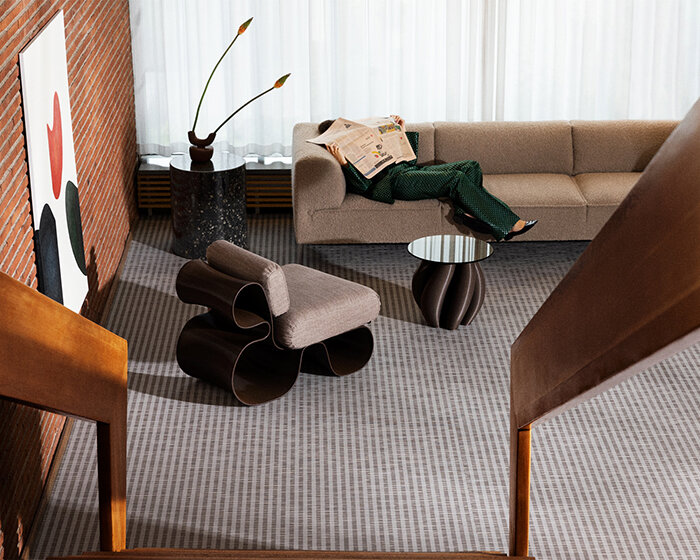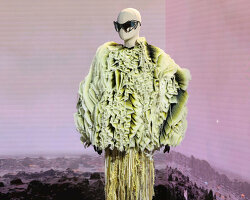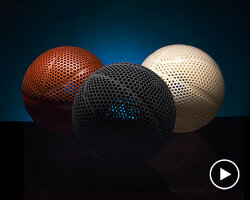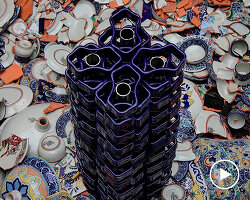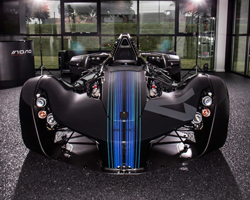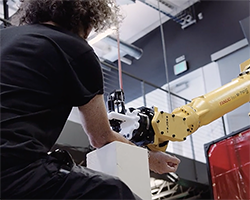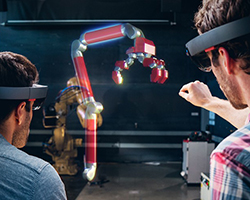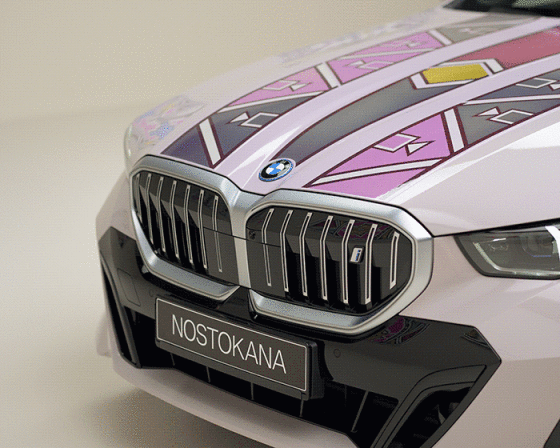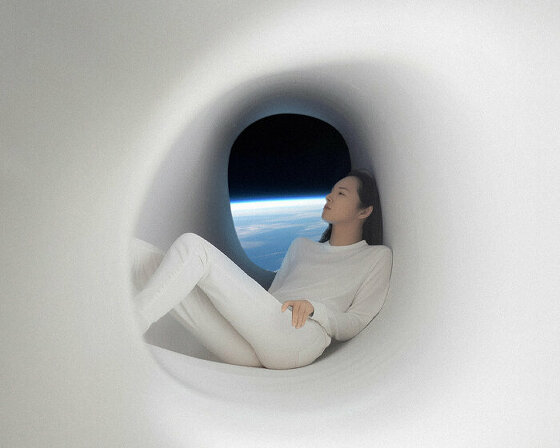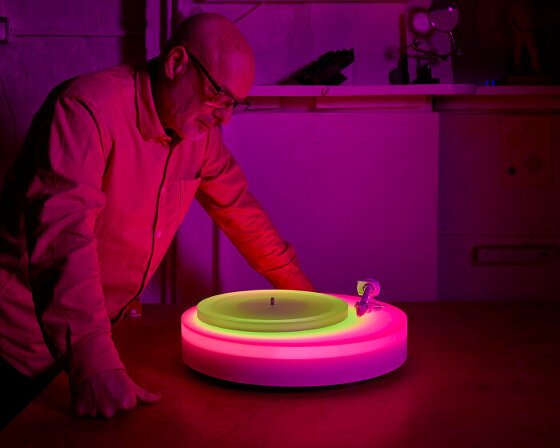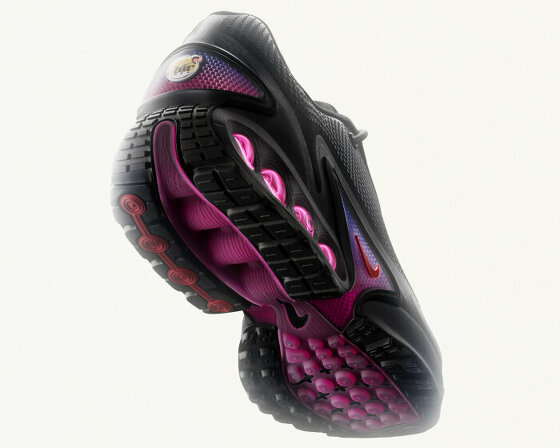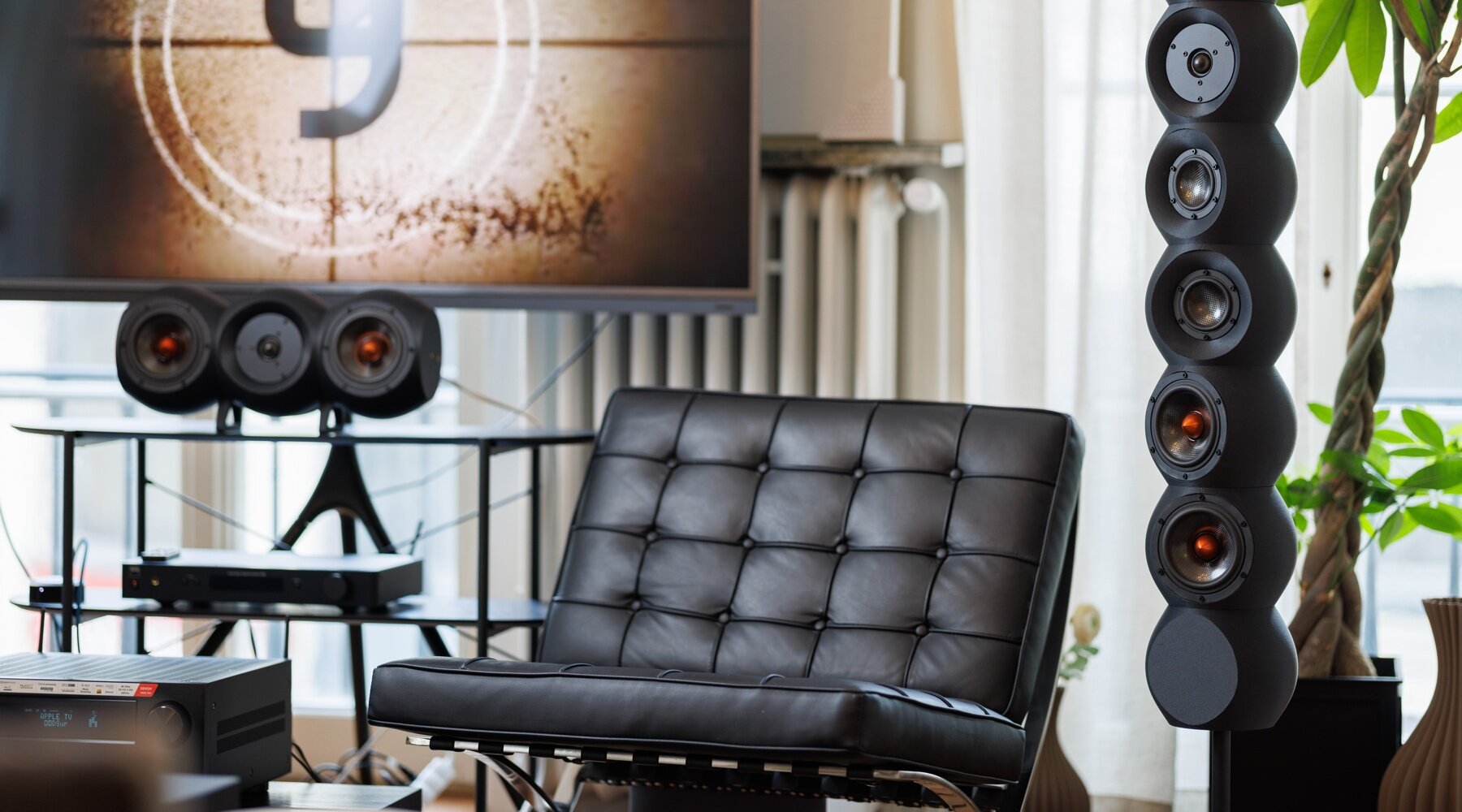
Infinite Acoustics utilizes the Fusion Design Extension and cloud collaboration tools to design speakers 3D printed with recycled materials | image courtesy of Infinite Acoustics
KEEP UP WITH OUR DAILY AND WEEKLY NEWSLETTERS
happening now! witness how the swedish family-owned company, bolon, is breaking new ground with exciting material inventions, where all their products now contain 68% waste material, and 0% climate impact per square meter.
PRODUCT LIBRARY
following the unveiling at frieze LA 2024, designboom took a closer look at how the color-changing BMW i5 flow NOSTOKANA was created.
connections: +630
each unit draws inspiration from emergence, featuring a hexahedron-based structure that facilitates integration into larger systems.
connections: 95
brian eno revives his color-changing neon turntable for the second time, on display too at paul stolper gallery in london until march 9th, 2024.
connections: +370
designboom sits down with NIKE to explore its new dynamic air technology and air max dn shoe collection where pressurized tubes are used in the soles.
connections: +570
